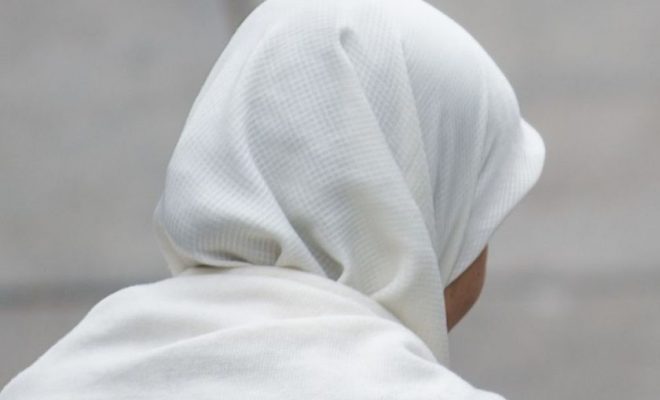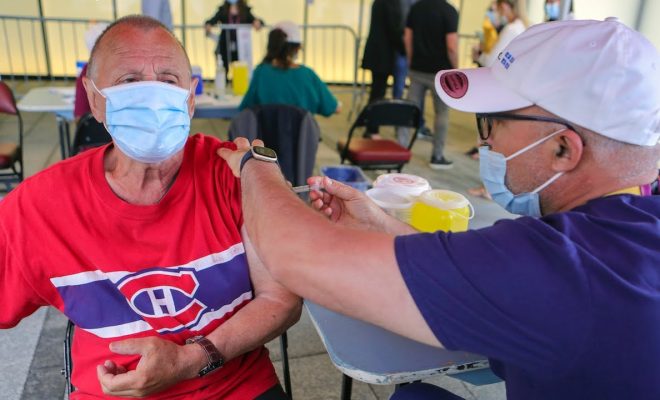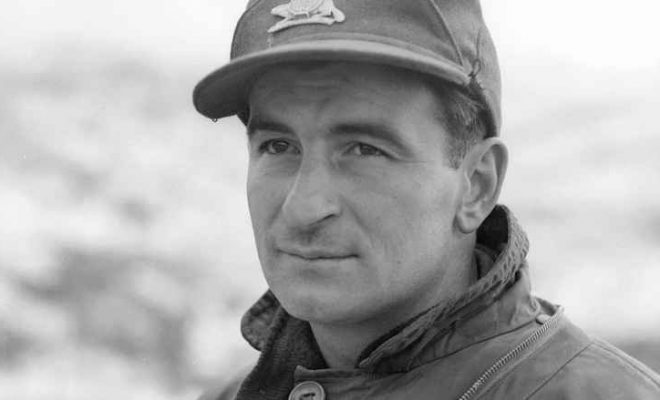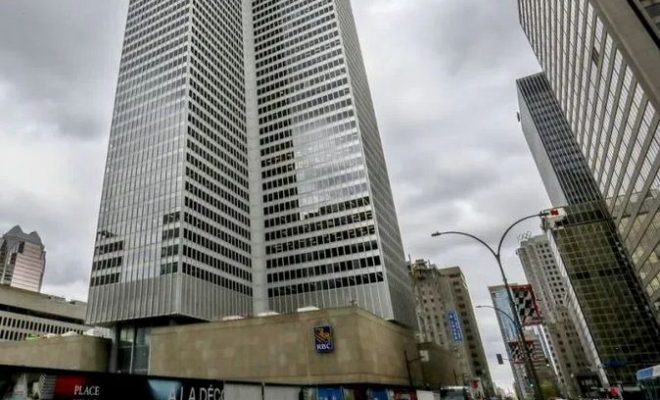As MMIWG inquiry moves to Quebec, families call for hearings in Montreal

Some Quebec families say they are being left in the dark as the public hearings of the national inquiry into missing and murdered Indigenous women and girls open on Monday in the Quebec Innu community of Uashat mak Mani-Utenam.
The location near Sept-Îles, on the province’s North Shore, is a seven-hour flight, or a 1,300-kilometre drive, from the home of Johnny Wylde and Emily Ruperthouse Wylde.
The couple, who lives in Pikogan, near Val-d’Or, have been been looking for their daughter Sindy for more than three years.
She was last seen leaving a hospital in Val-d’Or in April 2014, after being admitted with serious injuries.
Wylde said the trip is just too long, and he’d prefer waiting until a date in Montreal is confirmed so he can attend with the support of his family.
“I want to share my story. I want everybody to know what’s going on for real. But I’ll be there if it’s Montreal,” said Wylde, from his office in Pikogan, about 75 kilometres north of Val-d’Or.
“There are going to more women. We can’t forget that,” Wylde said.
Wylde said a staff member with the inquiry told him hearings would be held in Montreal eventually.
Getting any concrete information or possible dates has been difficult, leaving families confused and frustrated, according to Verna Polson, the grand chief of the Algonquin-Anishinabeg Nation Tribal Council.
Polson said she was also told by a commissioner there would indeed be a stop in Montreal, although the exact dates have yet to be confirmed. She said not knowing what’s going to happen next is adding to their frustration.
“Families are going through a lot,” Polson said, as reports of the testimonies are being shared across the country.
“A two-year mandate for these commissioners isn’t long enough. It’s not long enough for the families who are directly affected.”
When contacted by CBC, the inquiry could not confirm if a hearing was going to take place in Montreal, other than providing the dates that have already been scheduled for 2017.
“Once a schedule is developed for the new year we will post to our website,” the inquiry told CBC in an email.
On Thursday, it was announced the hearings in Rankin Inlet, Nunavut, scheduled for Dec. 11, were being postponed due to space and privacy concerns.
‘We need to know what’s going wrong’
Improving access to information and to support systems will be crucial as the commission moves forward, said Viviane Michel, the president of Native Women Quebec (NWQ).
“You have to plan for a safety net for the families before, during and after the hearings. You can’t just shake them up and move on,” said Michel. “If there is a second phase it should happen in Montreal.”
The organization, based in Kahnawake, Que., had initially asked the commission to hold the hearings in the city, which is nearby.
“It would have been the best place, because it’s at the centre of all the Nations around Quebec,” Michel said, who will nonetheless be in Mani-Utenam (also known as Maliotenam) for the entire length of the hearings.
“For NWQ, it’s very important to hear these people, these women, because we need to know what’s going wrong,” Michel said.
In addition to hearing cases of missing and murdered women and girls, Michel hopes the inquiry will pay close attention to the ongoing violence Indigenous women face in their communities.
Quebec at a crossroads
The national inquiry is happening at the same time as Quebec’s two-year investigation of how Indigenous people are treated by police and social services.
The province was pressured into action after Indigenous women in Val-d’Or alleged abusive behaviour at the hands of police officers.
![]()








